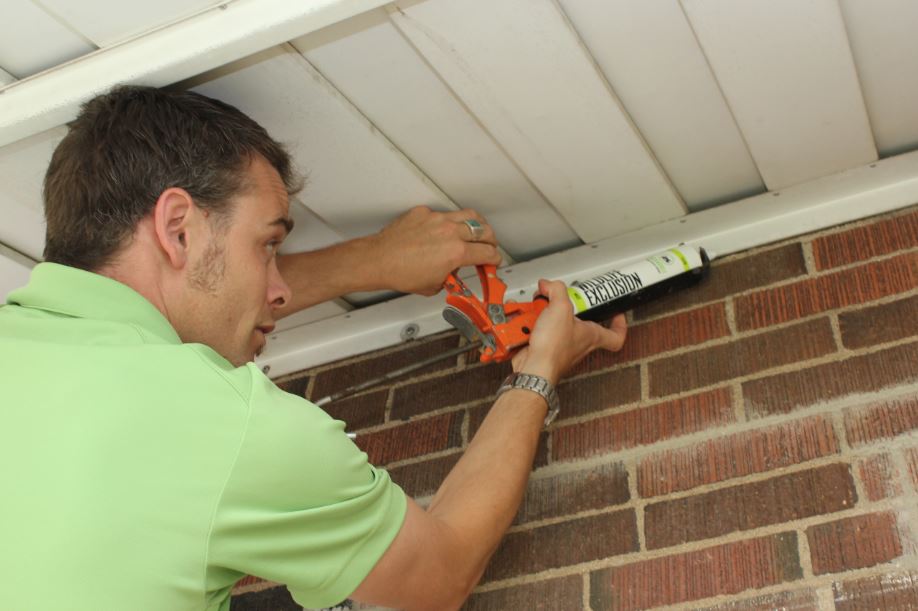According to specialists in mice removal in York, the end of the summer and the beginning of the fall season is when mice and rats come out in hoards. The animals become more active during this time of year, searching for warmer winter shelters. Unfortunately for homeowners, warmer shelters include their homes.
The Halloween season is especially problematic for homeowners because mice and rats seem to have a sweet tooth. Candy abounds during this time of year, and if you enjoy participating in the festivities, your house may have an unending supply of unintentional rodent treats.
Rodents and Sweets: The Reason Rats and Mice Love Candy
People assume rodents love cheese — a widespread myth typically associated with older cartoons. In reality, rats and mice prefer carb-heavy foods, including fruits, seeds, grains, cereals, and sugar.
Halloween candy contains loads of added sugar and carbohydrates, making it a tempting food for mice and rats. To limit the risk of mice and rats finding your candy stash, store it in a sealed, airtight container.
Rodents and Candy: Is It Dangerous?
While a mouse eating candy looks cute, it is not always the healthiest or safest choice for the animal. Chocolate is poisonous to mice. Chocolate contains theobromine, which is toxic at high levels to mice. While a mouse may survive a small dose, overeating chocolate will eventually kill them.
On the other hand, rats love chocolate, and it is not poisonous to them. In fact, many people who keep pet rats will often feed them pieces of chocolate as a treat.
Regardless of the health risks of chocolate or candy to rodents, the food is an incentive for rats and mice. You do not want to leave candy on your porch for trick-or-treaters unattended. Also, store all candy in airtight containers to reduce the risk of rodents smelling and finding it.
Rodents and Prevention: Keeping Mice and Rats Away
Rodent prevention is about more than hiding candy. A homeowner must focus on various prevention strategies, including property maintenance. According to wildlife professionals, there are several things you can do to reduce your risks of a rodent infestation, including:
- Eliminating potential nesting sites and materials from your property (leaf piles, excess mulch, wood piles, etc.)
- Keeping garbage in sealed containers
- Not feeding birds and other wildlife
- Keep pet food indoors and stored in sealed containers
- Patch cracks and holes in the foundation or property as they appear
Rodents and Removal: Hiring a Humane Wildlife Service
Preventing a rodent infestation is not the same as learning how to get rid of mice and rats once they invade your space. A rodent infestation needs immediate remediation and not through DIY methods.
DIY removal of mice and rats often involves inhumane treatment with poisons and traps. Not only are DIY techniques cruel and unnecessary, but they are also ineffective and risky to the health and safety of you and your family, including your pets.
The best and most effective way to resolve a rodent infestation is to hire a professional and humane wildlife service. Wildlife removal experts not only guarantee results but also safely rid your property of wildlife without presenting any further risks to you and your loved ones.
If you are searching for rats and mice removal near me, you are likely in the throes of an infestation. With the Halloween season approaching, resolving your current situation quickly and safely is crucial. Contact Skedaddle Humane Wildlife Control and request a property assessment. The company will send a team of qualified wildlife technicians to inspect your property and look for appropriate solutions. The team will walk the premises looking for rodent trails and entry points, ensuring they can provide a thorough review and presentation of the facts.



